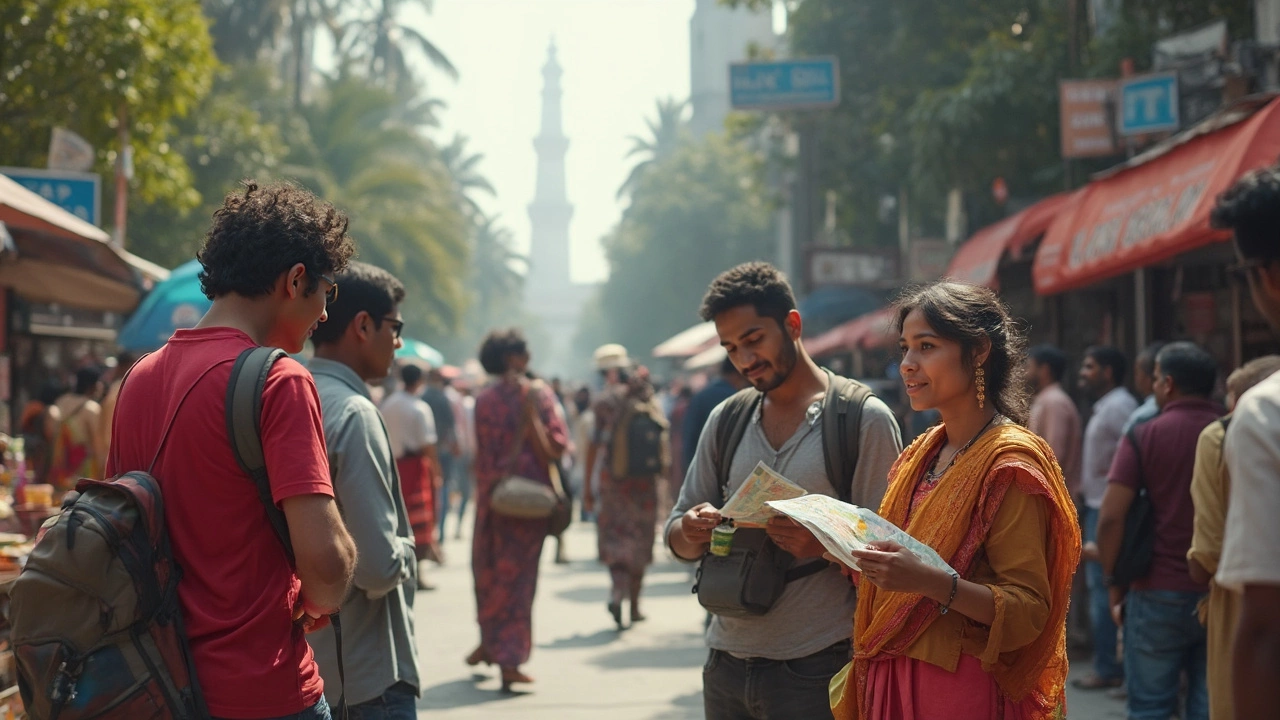Expat Life in India: What You Need to Know Before You Move
If you’re thinking about packing your bags for India, you probably have a mix of excitement and nerves. It’s normal to wonder how you’ll find a place to live, deal with the traffic, or fit in at work. The good news? Most expats figure it out faster than they expect once they have the right basics.
Finding a Home Without the Headache
The first step is deciding which city matches your lifestyle. Bangalore buzzes with tech jobs, Mumbai offers a fast‑paced financial scene, and Jaipur gives you a slower, cultural vibe. Once you pick a city, start on housing platforms like 99acres or MagicBricks. Look for rentals that include utilities; it saves you the hassle of dealing with separate bills.
When you visit a property, check the water pressure, internet speed, and security. Most apartments in larger cities have 24‑hour security and a backup generator – a lifesaver during power cuts. If you’re on a budget, consider shared apartments or serviced apartments that offer flexible lease terms.
Work, Money and Everyday Hacks
Getting a work visa is usually your employer’s job, but keep your passport ready and double‑check the visa validity dates. Salary packages often include a house allowance, health insurance and sometimes a relocation bonus – ask for details before you sign.
Banking in India is straightforward once you have your PAN card. Open a savings account with a bank that offers good online services; many expats prefer SBI or HDFC for their extensive branch networks. Debit cards work on most ATMs, and mobile wallets like Paytm or Google Pay make everyday purchases a breeze.
Transport can feel chaotic, but there are ways to stay sane. Ride‑hailing apps such as Uber and Ola are reliable in major cities. For longer commutes, the metro in Delhi, Mumbai and Bengaluru is fast and affordable. If you love two‑wheelers, buying a used scooter is cheap, but always wear a helmet and get insurance.
Adjusting to Indian food is part of the adventure. Start with milder dishes and gradually try regional specialties. Cooking at home can save money and help you control spice levels. Most supermarkets have a section for international products if you miss a taste from home.
Social life? Join expat groups on Facebook or attend meetups on Meetup.com. Most cities have clubs for sports, language exchange, and networking. Engaging with locals is easier when you learn a few words in Hindi or the regional language – a simple "Namaste" goes a long way.
Healthcare is affordable compared to many western countries. Private hospitals like Apollo or Fortis provide high‑quality care and English‑speaking staff. Keep a copy of your medical insurance and know the nearest hospital in case of emergencies.
Finally, remember that India moves at its own rhythm. Things might take longer, and bureaucracy can be frustrating, but patience and a sense of humor help you get through. By planning ahead and staying flexible, your expat journey can become one of the most rewarding chapters of your life.
Ever wonder how many Americans pack up and call India home? This article digs into the actual numbers, popular cities, and real reasons behind the American expat wave. You'll find out what daily life is like, the paperwork hurdles, and surprising advice from people who've made the leap. Plenty of practical tips if you're curious about living in India yourself. Perfect if you're dreaming about a big move or just want an inside scoop.
More